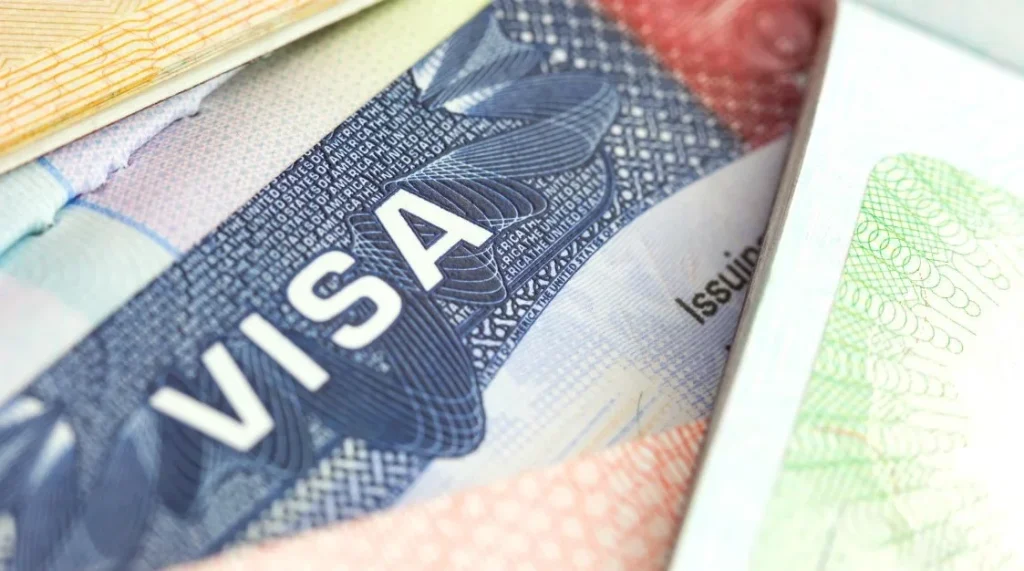The United Kingdom just dropped a bombshell for Nigerian and international students dreaming of a future there.
Starting January 2027, the post-study work visa will shrink from two years to 18 months, a move announced by Home Secretary Shabana Mahmood on October 14, 2025.
This seismic shift, aimed at tightening immigration while luring top talent, has sparked heated debates among students and educators. It’s a bold play to reshape the UK’s global appeal.
With tougher English requirements and rising tuition fees, the path to studying and staying in the UK just got steeper, leaving many Nigerians rethinking their plans.
Why the Change?
Mahmood’s announcement, detailed on the UK government’s website on October 22, ties the visa cut to a push for economic impact. Data revealed many graduates weren’t landing high-level jobs within the two-year window, prompting the reduction.
The policy is part of a sweeping immigration overhaul, dubbed the “Plan for Change,” laid before Parliament. It aims to balance strict border control with attracting skilled minds.
The reforms also hike the Immigration Skills Charge by 32%, the first increase since 2017. Employers sponsoring foreign workers will pay more, with funds funneled into training British workers to cut reliance on overseas hires.
Tougher Rules, Higher Costs
The visa change isn’t the only hurdle. International students, including Nigerians, will face stricter English language tests for study, work, and settlement.
Studying in the UK is also getting pricier undergraduate tuition fees will jump 3.1% to £9,535 for the 2025/26 academic year, up from £9,250. An additional fee for overseas students is also on the horizon, squeezing budgets further.
Since January 2024, most international students can’t bring dependants, except for those in postgraduate research or on government scholarships. These shifts have already driven a drop in foreign student numbers in 2024.
A Broader Vision
The UK’s immigration shake-up is part of a bold strategy to prioritize local workforce growth while keeping the doors open for elite talent. The increased skills charge, starting its parliamentary process this week, will pour funds into training Brits, reducing the need for foreign workers.
The 18-month visa window pushes graduates to secure graduate-level jobs faster, aligning with the UK’s economic goals.
Mahmood stressed that immigrants must meet A-level English standards to integrate better, a move that’s stirred both support and criticism among education advocates.
Impact on Nigerians
For Nigerian students, the UK has long been a beacon for education and opportunity. But these changes could dim that shine.
The shorter visa period means less time to find meaningful work, while higher fees and English tests add pressure. Many are left wondering if the UK remains worth the investment, with some eyeing Canada or Australia instead.
The drop in 2024 student numbers hints at a shifting tide, as Nigeria’s youth weigh their global options.
A New Reality
This policy shift is a wake-up call. The UK is doubling down on control, balancing economic needs with immigration limits. For Nigerians dreaming of UK degrees and careers, the clock is ticking faster.
As the 2027 deadline looms, students must adapt to a tougher landscape higher costs, stricter rules, and less time to prove their worth. Will this spark a brain drain or drive resilience?
The world is watching as Nigeria’s brightest navigate this bold new chapter.
READ ALSO: Africa’s Operation Catalyst Crushes Terror Financing Networks























